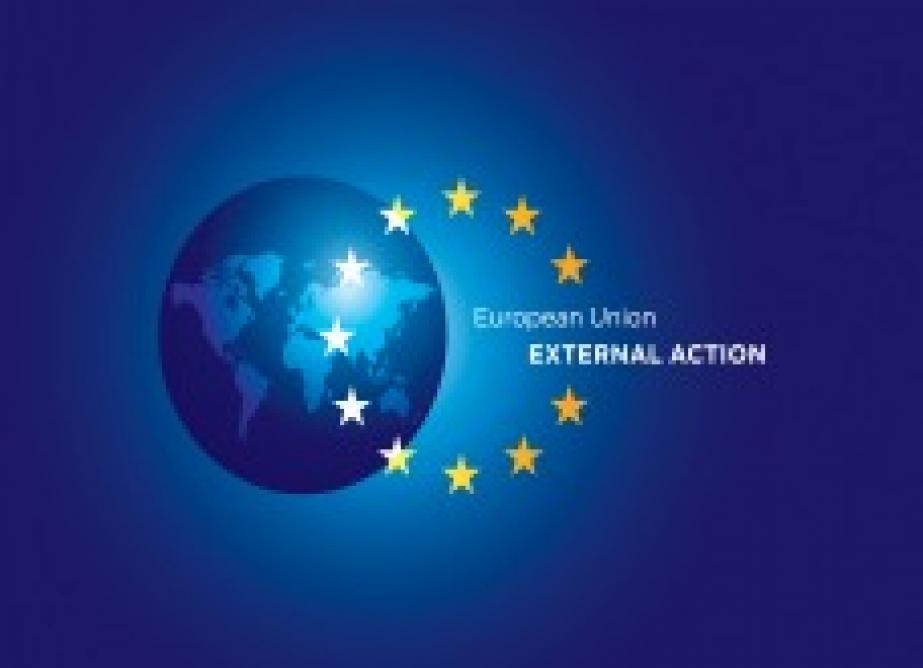Il Servizio Europeo per l’Azione Esterna (SEAE) visto dall'interno
Though still in its infancy, the European External Action Service (EEAS) has already chalked up a number of rather significant results: it has played an important role in promoting dialogue between Serbia and Kosovo; it is involved, with the High Representative of the Union for Foreign Affairs and Security Policy, in the delicate negotiation on Iranian nuclear facilities; it has been active in attempting to restart the Israeli – Palestinian peace process and to unlock the current political–institutional crisis in Egypt.
This is the opinion of Alfredo Conte, chief of the Strategic Planning DG of the European External Action Service, speaker at the Italian Institute of International Affairs in a seminar on reform of the EEAS. Attending the meeting were diplomats and experts on European foreign policy.
Conte described how the European ‘diplomatic corps’, established in 2011, and bringing together officials from the European Commission, the European Council Secretariat and national diplomacies, has developed in the face of myriad difficulties and challenges. The latter are the main subject of the report written by the High Representative of the Union for Foreign Affairs and Security Policy Catherine Ashton – in Conte’s opinion, a sort of testament at the end of her mandate – putting forward recommnedations on how to reform the Service in order to deal with the increasing tensions of today’s world.
The main fields calling for change are the relationship between the EEAS and the European Commission, and coordination with national diplomacies. Conte believes that time is on the side of this young European diplomatic service, which is progressively creating a “common” culture.
Indeed, only when Europe’s diplomatic service goes beyond the institutions in Brussels and involves colleagues from all EU countries, will it be successfully established. This is however a rather long-term prospect.
Ambassador Pietro Calamia raised the question of relations with the United Nations. Would it not be desirable to have the EU as a permanent observer in the UN Security Council, so as to provide physical evidence of the existence of common diplomatic action?
Ambassador Guido Lenzi, instead, spoke out about the three pillar structure of the EU which, while abolished by the Lisbon Treaty actually continues to exist with respect to external relations and defence policies. Here the inter-governmental method has not been put aside because these fields are not suited to a single policy, but better cooperation could nevertheless be envisaged.
IAI president, Ambassador Ferdinando Nelli Feroci, introduced the meeting recalling his time shared with Conte in Brussels, when the EEAS was still being defined on the uncertain legal bases of the Lisbon Treaty. There are still many things to be done, according to Nelli Feroci, but the most important thing is to establish priorities and set out strategies, especially as far as the division of competencies with the EU Commission is concerned and coordination between EEAS offices and national embassies in third countries.



